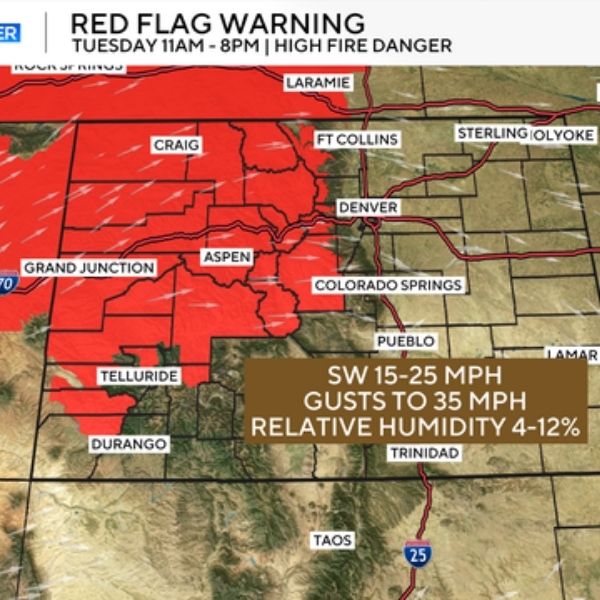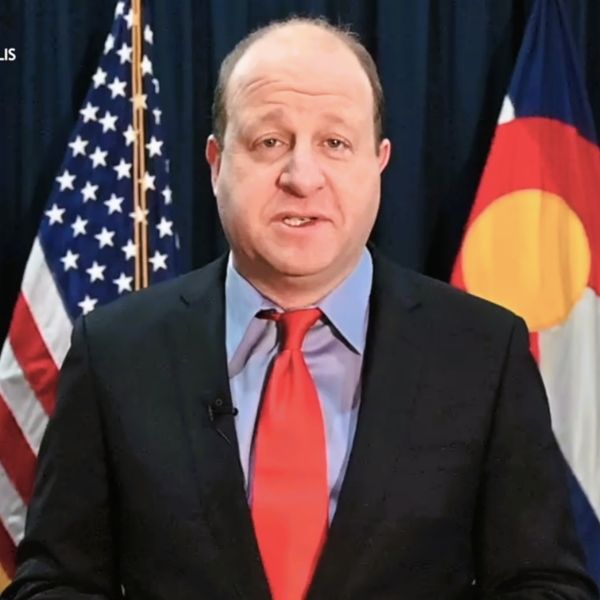A Mesa County sheriff’s deputy is under investigation and could face a $50,000 civil fine after allegedly violating Colorado’s sanctuary law by sharing information with federal immigration agents.
The lawsuit, filed by Colorado Attorney General Phil Weiser, is a civil case, not a criminal one. “Violations of these laws can result in an injunction and civil penalties up to $50,000,” said Lawrence Pacheco, spokesperson for the Attorney General’s Office.
Deputy Alexander Zwinck and another officer were disciplined for their role in a drug task force arrest involving Caroline Dias-Goncalves, a 19-year-old Brazilian nursing student. She was pulled over on June 5 for allegedly following a semi-truck too closely. Though she was released with a warning after 20 minutes, immigration agents arrested her soon after for overstaying her visa.
Following an internal investigation, Zwinck received a three-week unpaid suspension, and Deputy Erik Olson was suspended for two weeks. Both were removed from the task force. Additionally, two supervisors were also disciplined—one suspended for two days without pay, another given a letter of reprimand. A third supervisor received counseling.
Mesa County Sheriff Todd Rowell publicly apologized to Dias-Goncalves. “Based on our findings, the Mesa County Sheriff’s Office should not have had any role in the chain of events leading to Miss Dias-Goncalves’s detention, and I regret that this occurred,” Rowell said.
While Rowell emphasized his desire for continued collaboration with federal partners, he acknowledged that the deputies had crossed a line, despite prior discussions with Homeland Security Investigations (HSI) to avoid local involvement in immigration enforcement.
Earlier this year, Governor Jared Polis signed a law that limits local law enforcement’s ability to share information with federal immigration authorities. It allows cooperation only in specific criminal investigations when requested by ICE or DHS.
However, the law strictly prohibits law enforcement from proactively reporting undocumented individuals, even if they are violent criminals or repeat offenders. Violating this provision can lead to a $50,000 fine.
Critics of the law, including Rep. Gabe Evans, R-Colo., a former police officer, have spoken out. “As a former cop, I know firsthand how Colorado’s sanctuary laws have flipped the switch on crime, handcuffing cops instead of criminals,” Evans wrote on X. “Our state’s leftist laws don’t prioritize public safety—they prioritize political games.”
This article has been carefully fact-checked by our editorial team to ensure accuracy and eliminate any misleading information. We are committed to maintaining the highest standards of integrity in our content.

Katie is a senior who has been on staff for three years. Her favorite type of stories to write is reviews and features. Katie’s favorite ice cream flavor is strawberry.















Leave a Reply